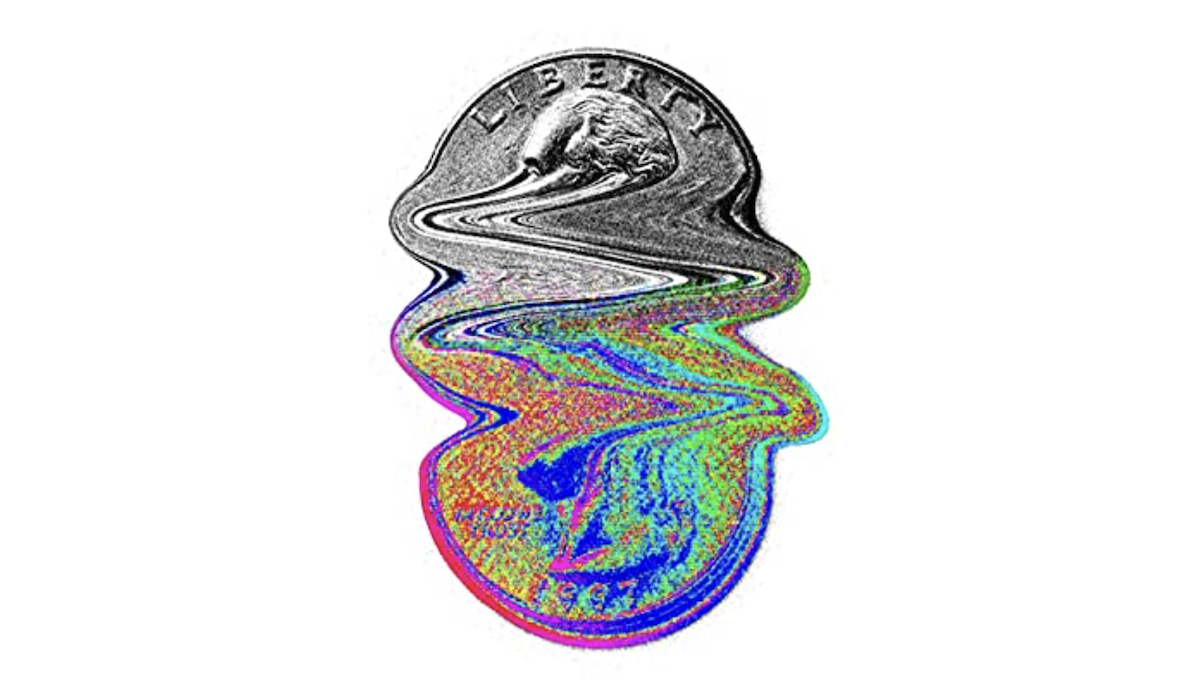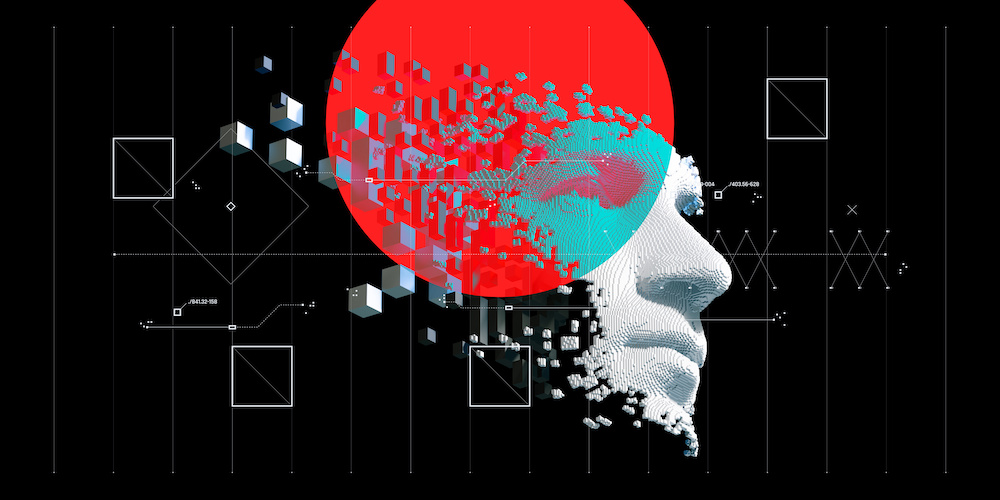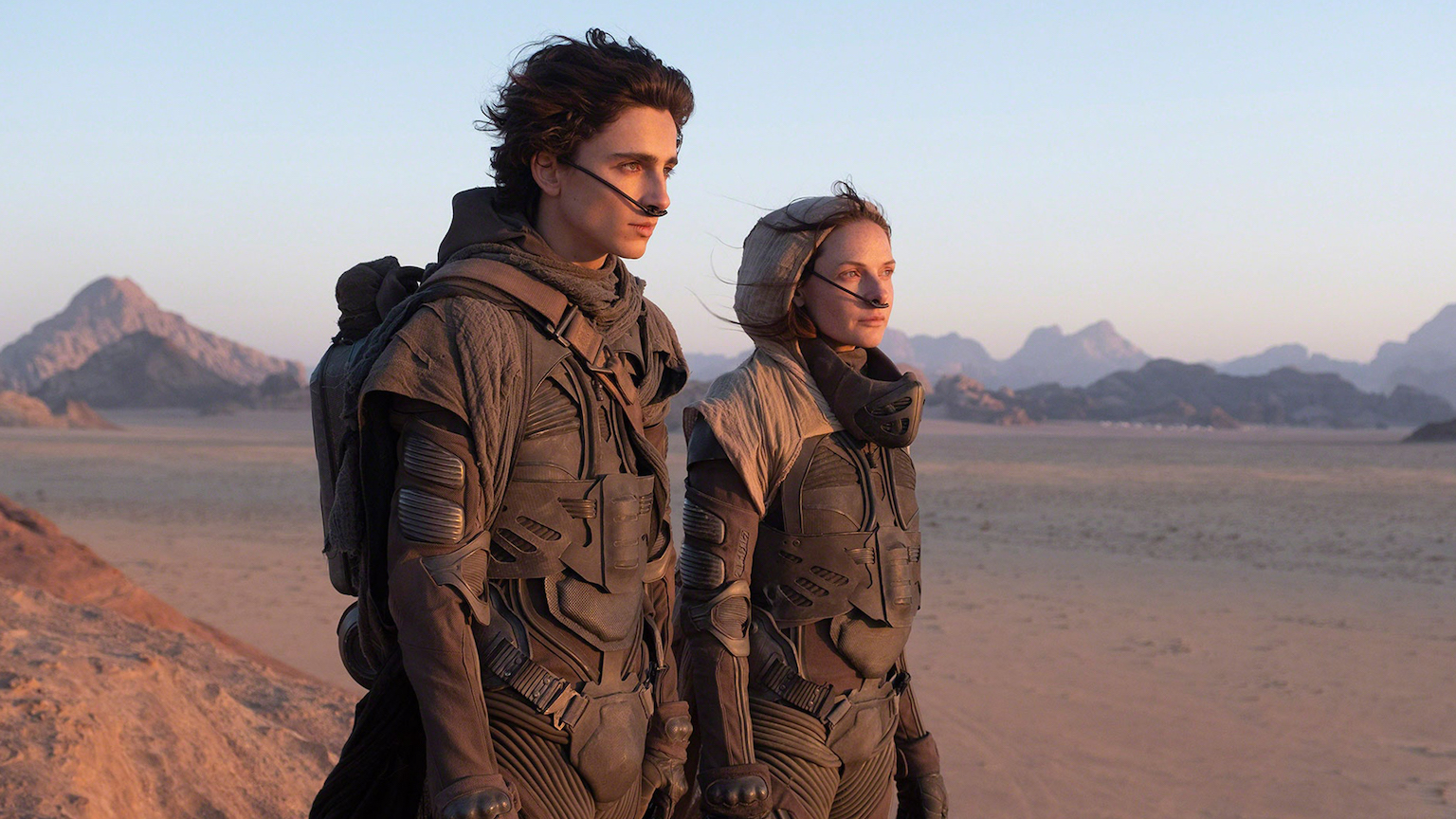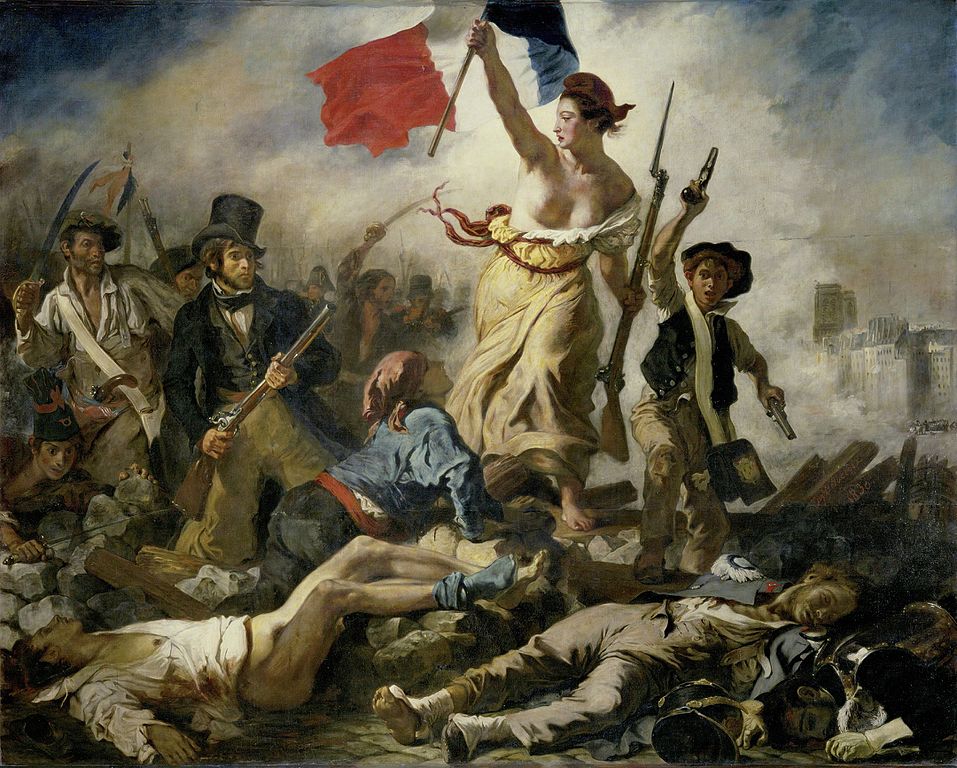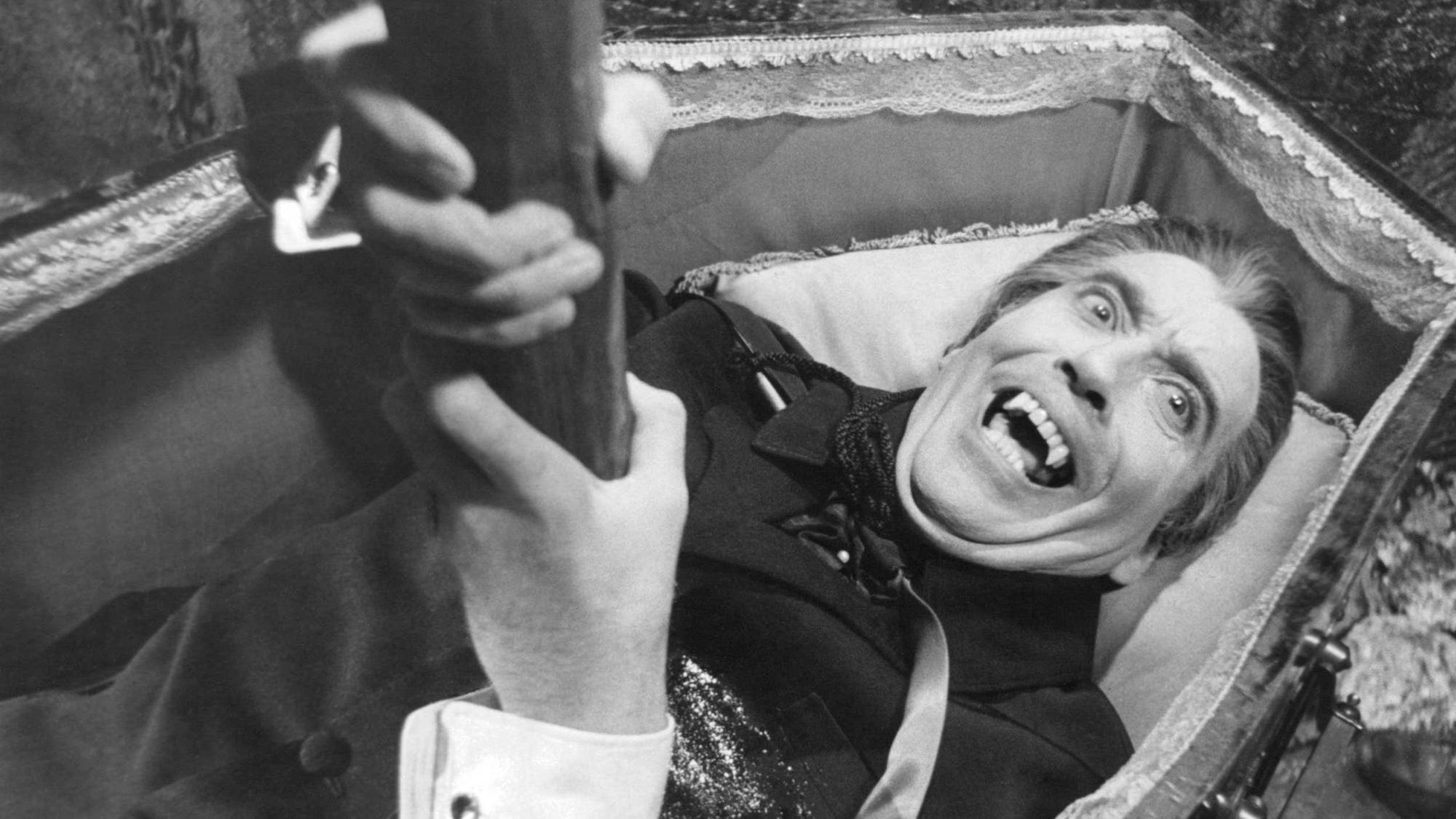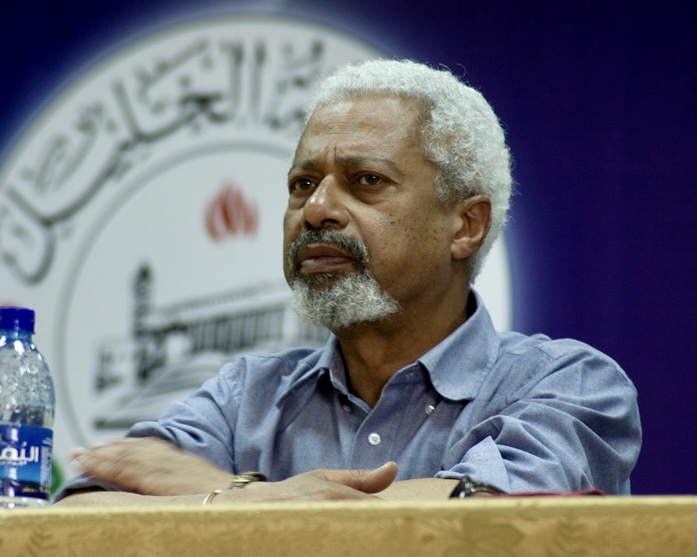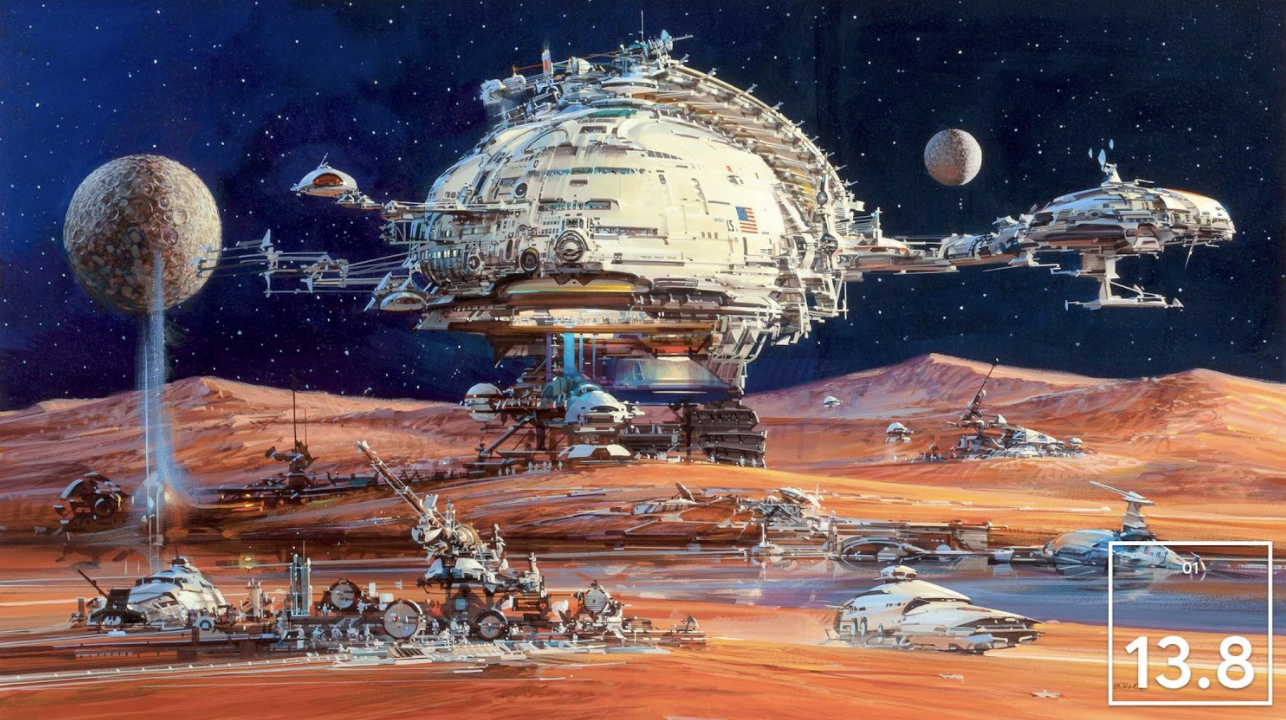books
Digital currencies are set to upend paper currencies, but it likely won’t be the decentralized utopia some hope it will be.
Society incorrectly blamed a “population bomb” for problems that had other causes. A wrong diagnosis produces ineffective solutions.
Experiencing too much pleasure and not enough pain may yield counterintuitive consequences.
Why does Seattle continue to be a place that nurtures the development of breakthrough technologies but not Minneapolis, Memphis, or Minsk?
Today, every Homo species is extinct besides humans. But one of our close evolutionary relatives still lives on in our DNA.
When we try to recreate simpler versions of natural ecosystems, we invariably make mistakes, argues author and biologist Rob Dunn.
What value does wit hold in genres defined by brute strength?
Far from acting as the conduits of a benevolent deity, these religious leaders threw the teachings of their own church out of the window.
Universal basic income can secure basic independence for citizens, something which modern states have failed to do, argues author Louise Haagh.
Using DNA from samples of extinct flowers, synthetic biologists managed to approximate long-lost floral scents.
To overcome burnout, we need to change how we think about the relationship between dignity and work, argues Jonathan Malesic.
Although equal parts Hollywood blockbuster and Putinist propaganda, “Trotsky” still manages to capture the good, the bad, and the ugly of Russia’s revolutionary past.
Society-changing ideas form through a three-stage process, argues author Michael Bhaskar.
Tighten your ‘thopter seatbelts and get those worm-hooks ready: we’re going to unpack the hype surrounding Dune, both the book and the movie.
The ability to differentiate your emotions might make you less likely to suffer from depression, alcoholism, and anger issues.
Before Herbert came along and wrote Dune, few if any sci-fi stories were set in fully realized universes.
Frank Herbert’s “Dune” refers to a religious desert people who are desperate for a savior to overthrow an evil empire. Sound familiar?
In his new book, “Forward: Notes on the Future of Our Democracy,” former Democratic presidential candidate Andrew Yang explores how media narratives can warp public perception of political candidates.
The most unpleasant aspect of intellectual liberalism is that when speech causes emotional or mental pain, the offended parties are morally entitled to nothing.
Will and Ariel Durant were praised for their ability to look at the big picture without losing sight of its little details, even if they did miss some of them.
Dave Eggers book, “The Circle,” uses satire to illuminate how privacy is fast becoming a lost virtue in the digital age.
William Shatner is going to space because Jeff Bezos loves Star Trek.
Societal breakdown, whether real or imagined, can lead to dramatic responses — like blood-sucking vampires.
Our minds are hyper-taxed due to hyper-tasking. We need to slow down and allow ourselves to daydream if we want to improve our attention.
The book Buddha Takes the Mound delivers an engaging and sophisticated account of Buddhism’s worldview through the prism of baseball.
The new book “Lost Cities, Ancient Tombs” documents 100 archaeological discoveries that changed the world.
To enable us to read, the brain piggybacks on other cognitive processes.
The “Foundation” series, recently adapted into a show by Apple TV, was inspired by a fascinating, real-life academic discipline.
The Swedish Academy honored the writer for his uncompromising inquiry into the lasting consequences of Africa’s colonization.
Isaac Asimov’s “Foundation” series helped inspire the field of social physics, which uses math to understand crowd behavior.
